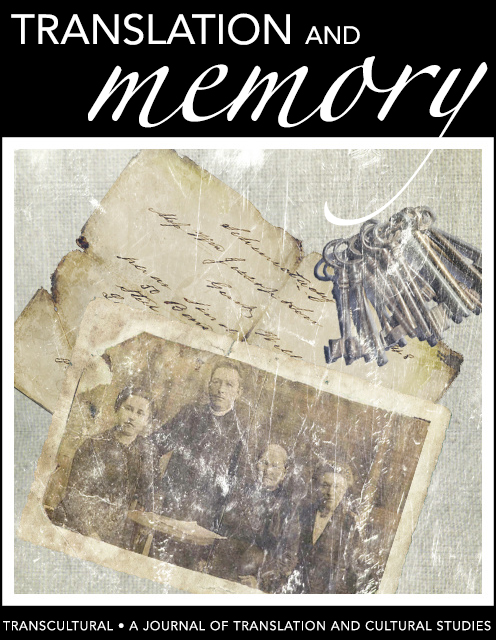(Re)Translating as Re-membering
DOI:
https://doi.org/10.21992/T9BS7ZKeywords:
Translation, adaptation, classics, Dickens, polysystem, memoryAbstract
This paper explores how (re)translation – interlingual and intersemiotic – can be perceived as a way of both remembering the literary legacy of other cultures but also as a way of re-membering/re-generating the body of literature(s) of the importing culture. It focuses on what is called “a classic” and anchors its reflexion in polysystem theory and in the metaphorical vision of literary works as an organic living body. To do so, it concentrates on the British literary classic Oliver Twist and its translations and adaptations into French. The article addresses the following questions: What is to be remembered of certain works? Why, how and by whom are those works remembered?Downloads
Published
Issue
Section
License
Authors who publish with this journal agree to the following terms: a.Authors retain copyright and grant the journal right of first publication with the work simultaneously licensed under a Creative Commons Attribution License that allows others to share the work with an acknowledgement of the work's authorship and initial publication in this journal. b.Authors are able to enter into separate, additional contractual arrangements for the non-exclusive distribution of the journal's published version of the work (e.g., post it to an institutional repository or publish it in a book), with an acknowledgement of its initial publication in this journal. c.Authors are permitted and encouraged to post their work online (e.g., in institutional repositories or on their website) prior to and during the submission process, as it can lead to productive exchanges, as well as earlier and greater citation of published work (See The Effect of Open Access).



